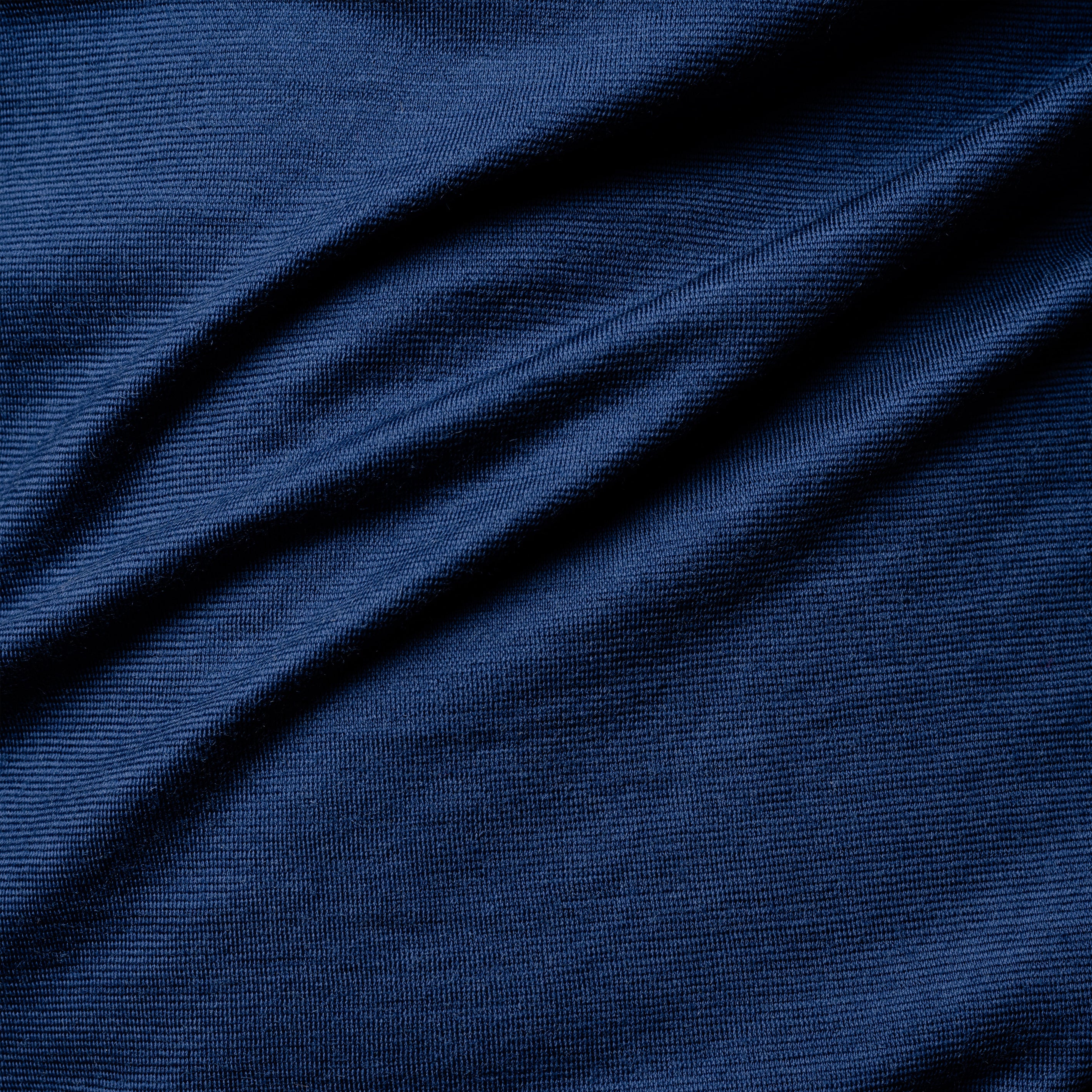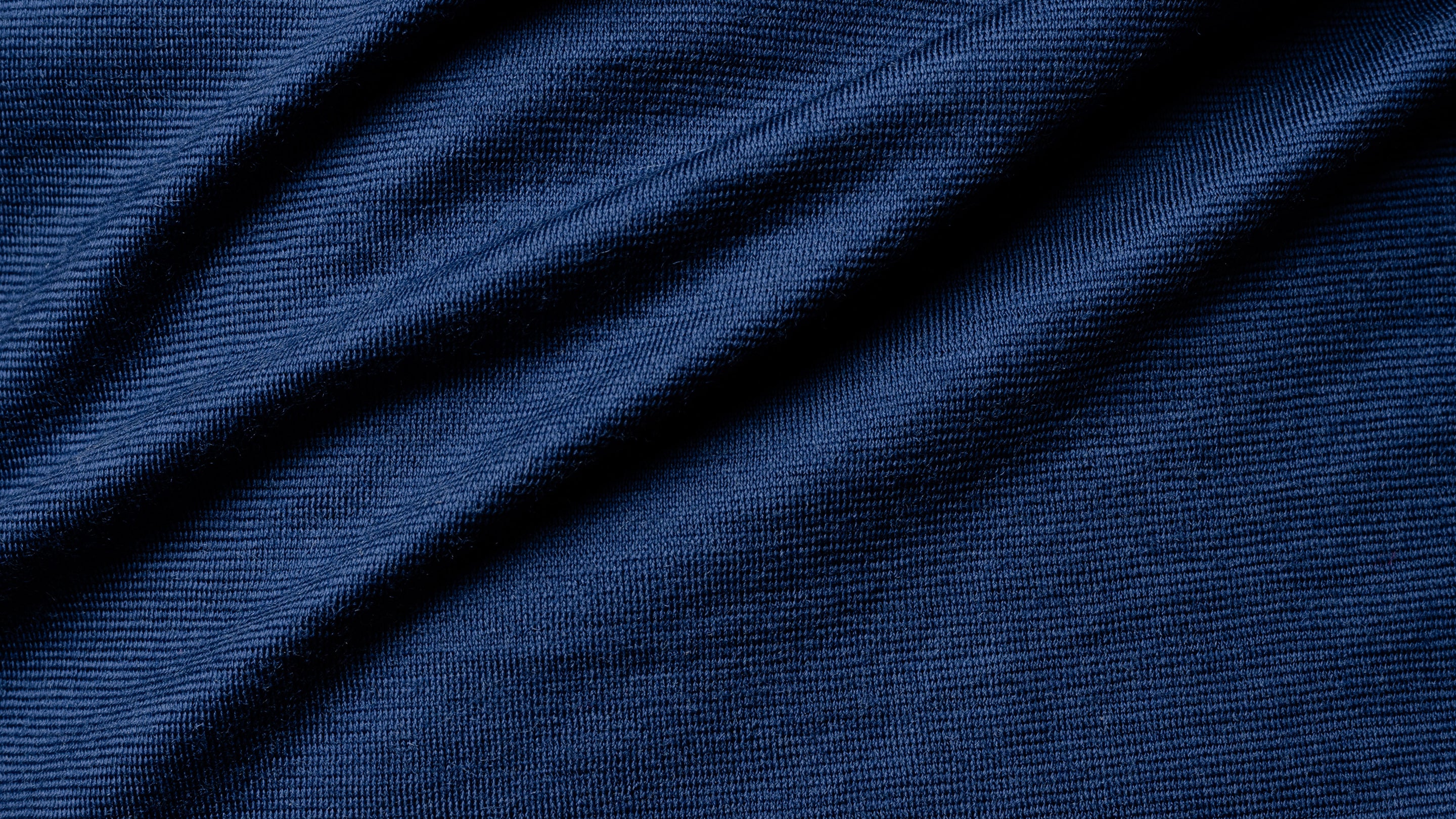
Properties of merino wool
FAQs
Merino wool is a natural product like down or cotton and a particularly high-quality type of virgin wool. Virgin wool or also called pure new wool stands for first class quality material that comes directly from the living animal instead of from reused old textiles.
Merino wool feels very soft on the skin. The fibres are extremely fine and smooth, providing a silky feeling. Unlike normal virgin wool, merino wool is not scratchy.
Merino wool is a high-tech product created by nature to protect animals under extreme conditions in every season. Its many properties are transferred to clothing in a completely natural and sustainable way. Some of its functions are moisture and temperature regulation, odour neutralisation, and yet it does not scratch or itch the skin.
The answer lies in the unique and complex structure of the wool fibre. Even though the merino fibre feels very soft, the surface under the microspore actually is scaly. In contrast to the surface of the synthetic fibres, which is very smooth and to which sweat and bacteria can adhere particularly well, the surface of the merino fibre can be imagined like bricks on a roof and it is in fact more difficult for bacteria to stick to. It is this surface that is behind wool's smell resistance and amazing antibacterial qualities.
Merino wool is very soft due to the thickness of its fibres. Merino sheep belongs to the breeds of fine wool sheep, whose fur consists of very finely curled hairs. Depending on the quality of the wool, the fibre thickness is between 16 to 24 microns (micron = thousandth of a millimetre). For comparison: the thickness of a human hair is between 50 and 100 microns.
Merino wool has excellent insulating properties. The fine and strongly curled fibers lie very loosely on top of each other, so that air chambers form between them. As a result, there are fewer points of contact between the material and our skin, which means less heat is dissipated.
The merino fiber has special material properties when wet. It has the ability to absorb up to a third of its weight as moisture. The moisture is bound in the form of water vapor in the fibers and also stored between them. If the merino fiber absorbs moisture, absorption heat is generated and the fibers heat up.
Merino wool clothing is easy to care for and use. It is naturally very resistant and robust. The spiral structure of the fiber ensures that it retains its shape and gives the fiber greater elasticity than nylon.
Thermal underwear consists mostly of synthetic fibers such as polyester, polyamide or elastane. This material allows good moisture transport, which wicks away sweat and keeps the skin dry. Some brands also use merino wool, which is also insulating, breathable and odor-resistant.

Production of merino wool
Learn more
Frequently asked questions about merino wool
Learn more















